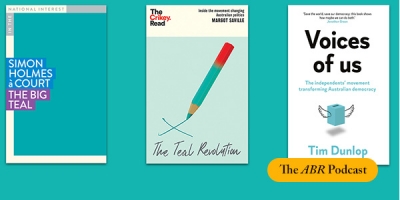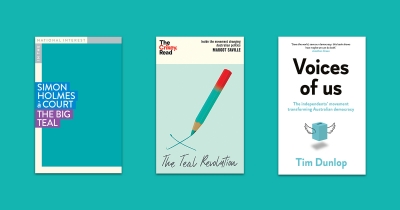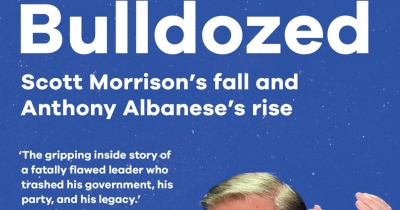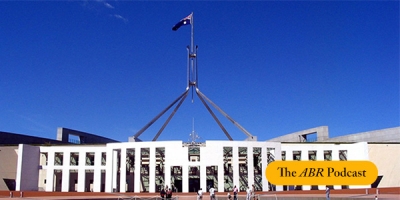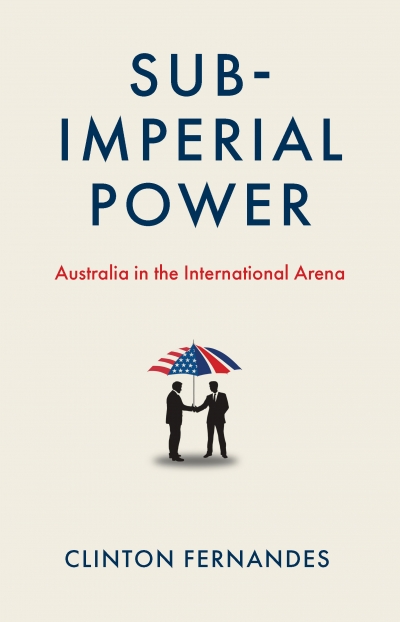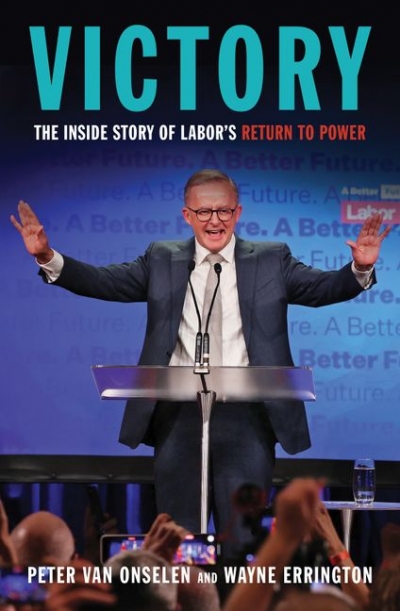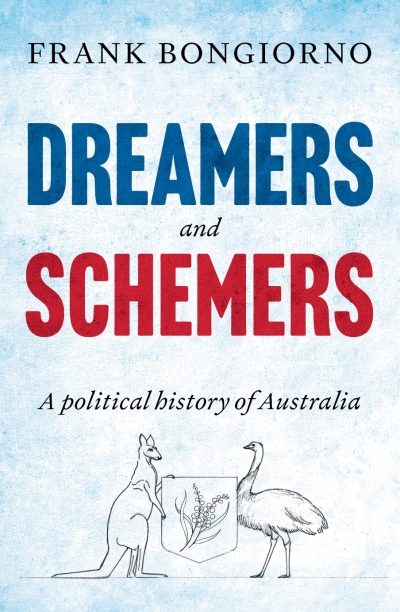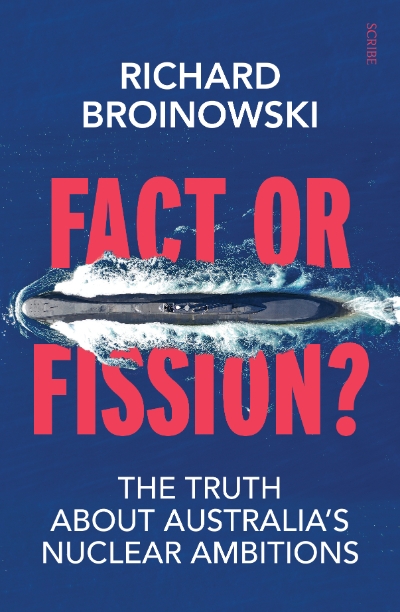Australian Politics
Since the May 2022 federal election, several books have been published seeking to explain the rise of the teal independents. In this week’s ABR Podcast, Dennis Altman, a Vice-Chancellor’s Fellow at La Trobe University, reads his review of three such books. Altman argues that the media’s concern with the teals borders on an ‘obsession’, blinding them to other cross-currents in the Australian political landscape. Listen to Dennis Altman’s ‘Teal Talk: Exaggerating the independents’ revolution’.
... (read more)The Teal Revolution by Margot Saville & The Big Teal by Simon Holmes à Court
Bulldozed: Scott Morrison's Fall and Anthony Albanese's Rise by Niki Savva
Unlike in the United States and several other Western nations, Australian governments are under no compulsion to consult parliament before sending troops to war. In Subimperial Power: Australian in the international arena, Clinton Fernandes argues that this reflects, and furthers, Australia’s longstanding ambition in foreign affairs, which is to demonstrate its usefulness to the United States. In this week’s ABR Podcast, Kevin Foster, an academic at Monash University who has published widely on war in the Australian media, reviews Subimperial Power.
... (read more)Subimperial Power: Australia in the international arena by Clinton Fernandes
The National Anti-Corruption Bill 2022 was introduced into parliament by the attorney-general, Mark Dreyfus KC, on 28 September 2022. After the second reading speech, the NACC Bill was sent for consideration to a Joint Select Committee, which duly completed its report in time to enable the Bill to be considered for enactment in November.
... (read more)
